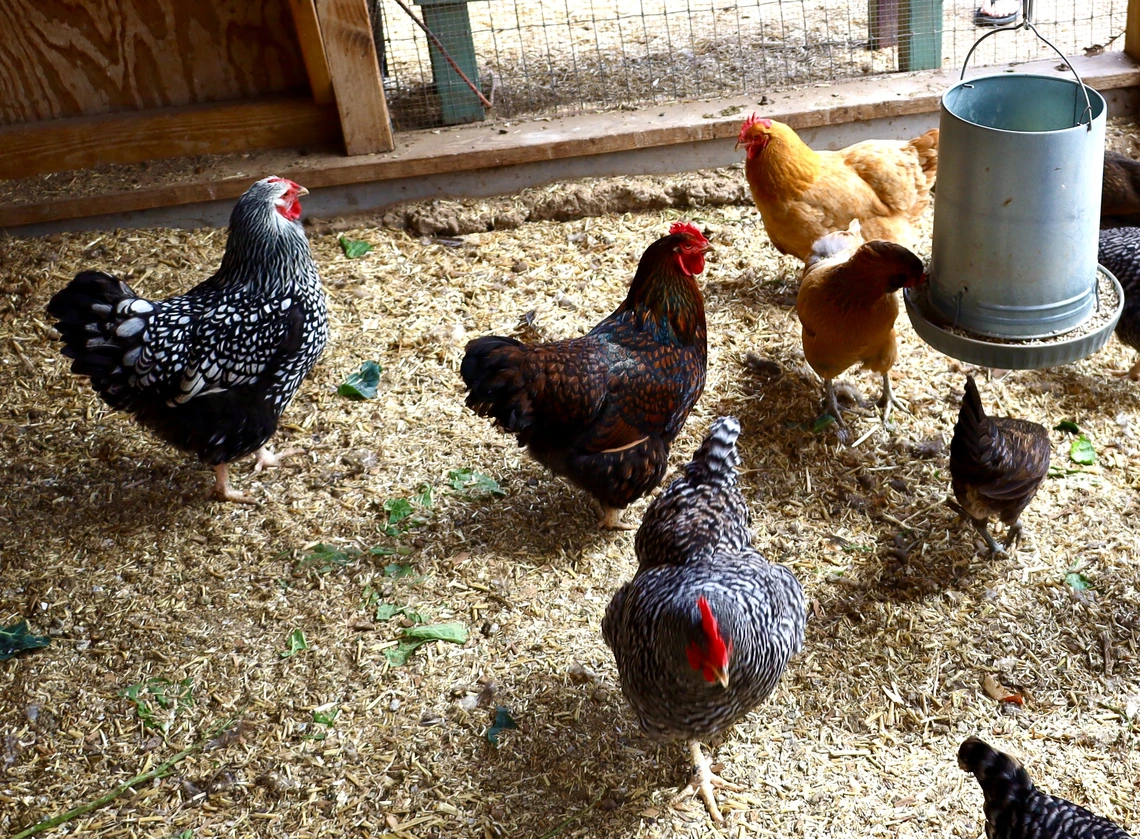State Confirms Avian Influenza in Central Arizona Backyard Flock
Watch for signs in your flock after birds in Maricopa County were infected with a highly pathogenic avian flu strain often found in wild water fowl.

Be alert for signs of avian flu in your chickens, including sudden death, reduced egg production or respiratory symptoms. The risk to the public is low, according to the Arizona Department of Agriculture.
Brad Poole, Arizona Cooperative Extension
The Arizona Department of Agriculture confirmed November 21 that birds in a backyard poultry flock in Maricopa County tested positive for avian influenza.
Though the risk to the public is low and confined mostly to people directly involved in the birds' care, the location is under quarantine and steps were taken to eliminate the virus, AZDA said in a news release.
"Arizona Department of Health Services is collaborating with AZDA and local health departments in the response to avian influenza and will continue to monitor influenza activity in Arizona in collaboration with local health departments," said Nicole Witt, ADHS assistant director of Preparedness.
These "highly pathogenic avian influenza" strains primarily affect and are spread through wild waterfowl, but all backyard poultry owners should take precautions to protect their flocks, said Ashley Wright, a University of Arizona Cooperative Extension area agent. Wright advises poultry owners to protect their flocks with these biosecurity tips:
- Keep your birds away from wild birds and their droppings.
- Avoid sharing equipment with other bird owners or visiting other flocks.
- Wash hands, change clothes, and disinfect footwear before and after handling your flock.
- Cover coops and outdoor runs to prevent wild birds from accessing feed or water.
Wright also warned poultry owners to be alert for signs of avian flu including:
- Sudden death without warning
- Swollen heads, wattles or combs
- Purple discoloration of wattles or legs
- Respiratory issues (coughing, sneezing or nasal discharge)
- Decreased appetite or egg production
If you suspect your birds have HPAI, report it via the USDA Hotline at 866-536-7593. For more information about avian influenza, check out this Arizona Cooperative Extension publication.

